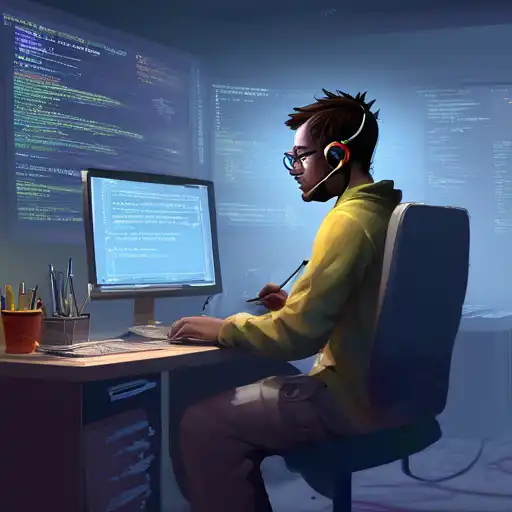Introduction to Debugging for New Programmers
Debugging is an essential skill for any programmer, especially for those just starting out. It involves identifying and resolving errors or bugs in your code that prevent it from running correctly. This article will provide you with essential debugging strategies to help you become more efficient and confident in your coding journey.
Understand the Error Messages
One of the first steps in debugging is to understand the error messages your development environment throws at you. These messages are not just random text; they are clues that can lead you to the root of the problem. Take the time to read and comprehend these messages, as they often tell you exactly where and what the issue is.
Break Down Your Code
When faced with a bug, try breaking down your code into smaller, more manageable parts. This approach, known as divide and conquer, allows you to isolate the problem area. By testing each segment individually, you can pinpoint exactly where the error occurs, making it easier to fix.
Use Print Statements
Print statements are a simple yet powerful tool for debugging. By strategically placing print statements in your code, you can track the flow of execution and the state of variables at different points. This method is especially useful for beginners who might not be familiar with more advanced debugging tools.
Leverage Debugging Tools
Most integrated development environments (IDEs) come with built-in debugging tools. These tools allow you to step through your code line by line, inspect variables, and evaluate expressions in real-time. Learning to use these tools can significantly speed up your debugging process.
Check for Common Mistakes
Many bugs arise from common mistakes such as typos, off-by-one errors, or incorrect logic. Always double-check your code for these issues. Sometimes, taking a short break and coming back with fresh eyes can help you spot mistakes you previously overlooked.
Ask for Help
Don't be afraid to ask for help when you're stuck. Online communities like Stack Overflow are great places to seek advice from more experienced programmers. Remember, every programmer has been in your shoes at some point, and most are happy to help.
Practice Makes Perfect
Debugging is a skill that improves with practice. The more you code and debug, the better you'll become at identifying and fixing errors. Embrace the debugging process as an opportunity to learn and grow as a programmer.
Conclusion
Debugging can be frustrating, but it's also an invaluable part of learning to code. By understanding error messages, breaking down your code, using print statements and debugging tools, checking for common mistakes, and seeking help when needed, you'll develop the skills to tackle any bug that comes your way. Remember, every bug you fix makes you a better programmer.
